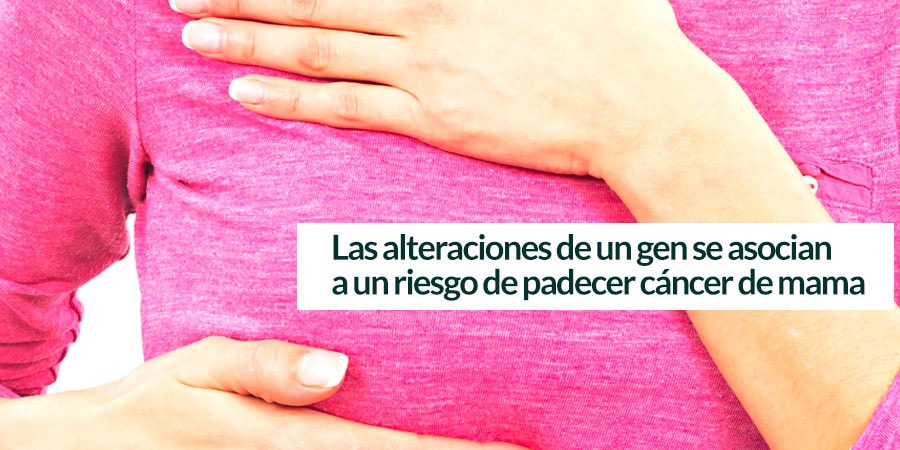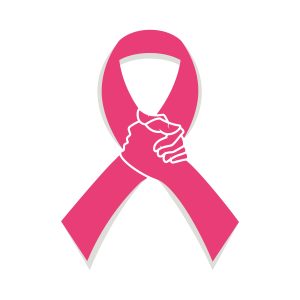
What happens if a have an increased risk of inheriting breast or gynecologic cancer?
A recent article regarding inheriting breast cancer published in the prestigious newspaper The New York Times has spread the news that actress Angelina Jolie has undergone a prophylactic bilateral mastectomy, generating great impact worldwide.
The purpose was to prevent the development of breast cancer because she was found to carry a mutation of the BRCA 1 gene. Alterations of this gene are associated with a 50% lifetime risk of suffering from breast cancer and over 25% risk of ovarian cancer.

Breast cancer is the most common tumor in women and ovarian cancer is the most aggressive one. While most patients present sporadically, 5-10% and 20% of breast and ovarian cancer, respectively, are hereditary.
This means that altered genes generating cancer, such as BRCA 1 and 2 genes, are passed from mother to daughter. Affected women are usually diagnosed with breast or ovarian cancer at young ages, and multiple cases in the same family are frequent.
These mutations are transmitted the same way as other physical characteristics (for example hair color) and carry an increase in the risk of developing or inheriting breast or ovarian cancer in their lifetime, but it does not grant a 100% certainty in any case.
Adequate guidance is essential for those women to establish the risk of developing cancer in their lifetime, consider performing a genetic test to identify if they carry the altered genes, and assess different options and preventive measures available, tailored to the current situation and expectations of each woman.
We offer comprehensive and personalized care to patients who might have an increased risk of developing cancer, based on their personal and family histories, guiding them about the performance of genetic tests, as well as indicating the most effective preventive and treatment based on current scientific evidence.

![[:es]Extirpar Utero no es necesario Extirpar los ovarios[:]](https://drlucasminig.com/en/wp-content/uploads/logotipo-lucas-minig.jpg)
![[:es]Telemedicina Médico remoto en España NOTICIA[:]](https://drlucasminig.com/en/wp-content/uploads/telemedicina-medico-remoto-doctor-espana-lucas-minig.jpg)
![[:es]La quimioterapia hipertérmica intraperitoneal (HIPEC), no es útil en mujeres con cáncer de ovario[:]](https://drlucasminig.com/en/wp-content/uploads/quimioterapia-hipertermica-intraperitoneal-no-util-cancer-de-ovario.jpg)
![[:es]Vacuna Contra VPH reduce cáncer de útero[:]](https://drlucasminig.com/en/wp-content/uploads/vacuna-contra-vph-noticias-dr-lucasminig.jpg)
